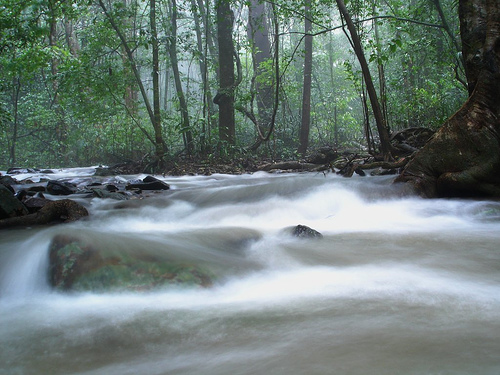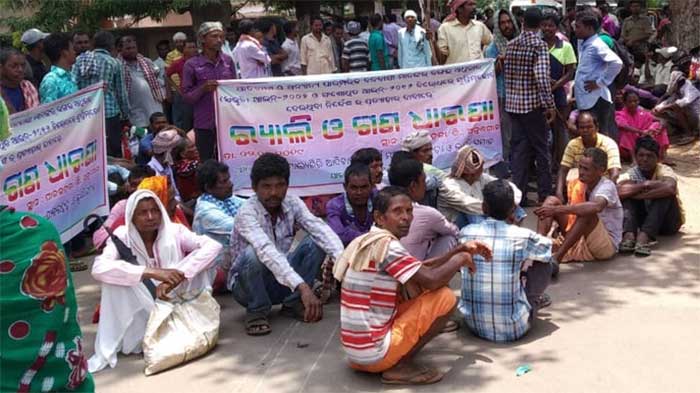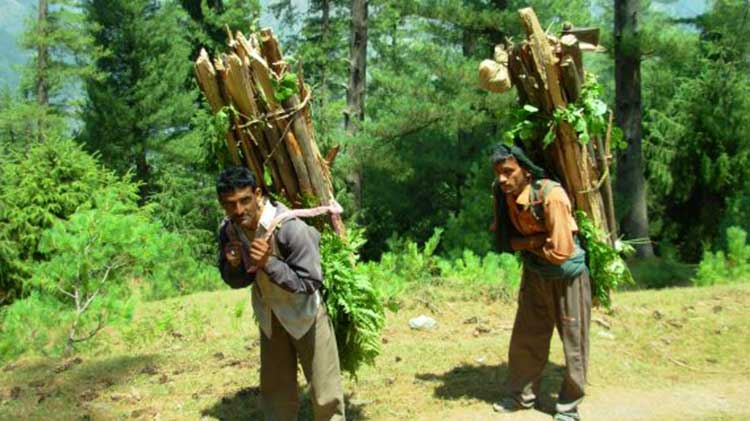

To
Smt Leena Nandan
Secretary
Ministry of Environment, Forests & Climate Change (MEFCC)
Govt of India
Shri A K Jha
Secretary
Ministry of Tribal Affairs
Govt of India
Dear Smt Nandan and Shri Jha,
I refer to the amendment introduced by the MEFCC to the Forest (Conservation) Rules vide GSR 480(E) dated 28-6-2022, in which the procedure for approval of proposals involving diversion of forest lands for non-forest purposes has been altered/ simplified.
There are two important Central legislations that have a direct bearing on forest lands, in so far as the tribals and the “traditional forest dwellers” are concerned.
One is the Panchayats (Extension to the Scheduled Areas) Act [PESA} which is exclusively applicable to the Scheduled Areas. The second one is the Scheduled Tribes and Other Traditional Forest Dwellers(Recognition of Forest Rights) Act, 2006 [Forest Rights Act or FRA], applicable to both the tribals and the “traditional Forest Dwellers”, irrespective of whether the forests are located in the Scheduled Areas or not. Both these legislations confer a special status on the local Gram Sabhas in the matter of decision making on any matter covered therein. In fact, PESA makes it mandatory that no project, programme or scheme is initiated in the Scheduled Areas without prior discussion in the concerned Gram Sabhas and their prior consent.
Since the Forest Conservation Rules referred above are subject to these two special Central laws, the MEFCC should have incorporated the same in both the parent Act, namely, the Forest Conservation Act and the Rules framed under it, as otherwise it tends to give the impression that proposals involving diversion of the forests that impact the lives of the tribals could be processed without prior consent of the tribal Gram Sabhas.
In this connection, by way of an example, I may cite the guidelines issued by the MEFCC vide F No. 11-9/98 FC(PT) dated 5-2-2013, in which the Ministry had summarily relaxed the procedure for clearing “linear” projects in the forests within the Scheduled Areas, without making the condition, namely, “the prior consent of the tribal Gram Sabhas”, mandatory in such cases. I along with an NGO, Samatha, had filed a case (WP 231/2013) before the Hon’ble AP High Court contesting the validity of the guidelines and the court in their Order dated 6-3-2019, held the guidelines to be invalid.
No doubt, in the specific case of the latest amendment to the Forest Conservation Rules. in reply to Unstarred Question No.1260, the Minister for Environment did clarify on 27-7-2022 that the procedure prescribed in the latest rules would be subject to the requirement of consulting the Gram Sabha under the FRA and the provisions of such other laws applicable in the tribal areas. However, in the absence of an explicit provision in the Forest Conservation Rules, it is likely that the concerned authorities, in their anxiety to enforce the simplified procedure, might lose sight of the procedures prescribed in the other important laws. Moreover, under the PESA, even before a project or a programme can be initiated, that affects the lives of the tribals such as the one involving the use of the local natural resources like the forests, it should be discussed by the local tribal Gram Sabhas and their prior consent obtained as a mandatory requirement from the point of view of self-governance, envisaged in the Fifth Schedule to the Constitution.
Against this background, I request the MEFCC, in consultation with the Ministry of Tribal Affairs, should incorporate an amendment to the Forest Conservation Act reflecting the applicability of both the PESA and the FRA. A corresponding provision should also be inserted in the relevant Rules. In my view, this is a measure that the MEFCC should take urgently.
I hope that you will act on this without delay.
Regards,
Yours Sincerely,
E A S Sarma
Visakhapatnam
(Former Secretary to Govt of India)














































